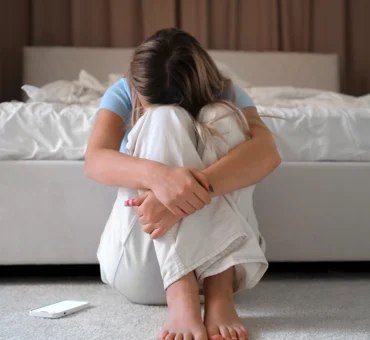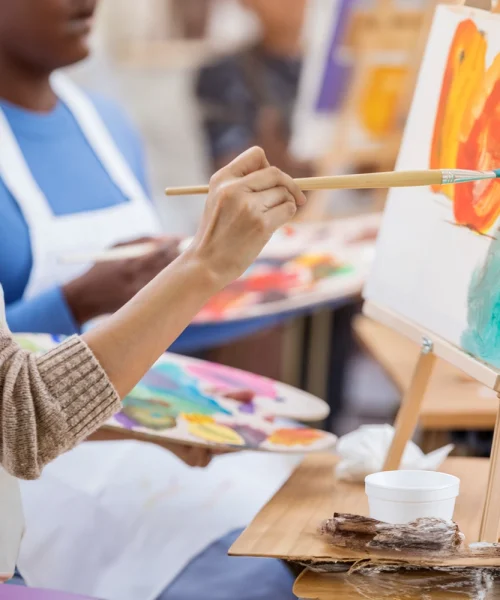- Mumbai, New Delhi, Bangalore
- (+91) 81518 30000
- WhatsApp Now
- contact@vedawellnessworld.com
In a world where screens are everywhere, gaming has become a popular source of entertainment, connection, and even identity. But for some individuals, gaming can shift from a fun activity to a compulsive habit that interferes with health, relationships, academics, or work.
Gaming Addiction is a recognized mental health condition where excessive or uncontrolled gaming starts to dominate one’s daily life. At Veda Wellness, we understand that gaming addiction isn’t about willpower — it’s about emotional needs, unresolved stressors, and a brain wired for reward.
Our approach blends clinical care with compassionate guidance to help individuals regain balance and purpose beyond the screen.
Gaming Addiction, as defined by the World Health Organization (WHO), is characterized by a pattern of persistent or recurrent gaming behavior that takes priority over other interests and daily activities — even when it causes significant harm.
Whether it’s online multiplayer games, mobile games, or console-based adventures, individuals struggling with this disorder may find it difficult to stop, even when they want to.


Understanding why someone develops Gaming Addiction is key to recovery:
A proper diagnosis helps personalize treatment and increase chances of long-term recovery. Our process includes:
Comprehensive Psychological Assessment
Our mental health professionals conduct in-depth interviews to understand a client’s gaming habits, emotional state, and daily functioning. We evaluate how gaming affects their cognitive abilities, social life, and emotional regulation.
Behavioral Observations
Symptoms such as irritability, social withdrawal, disrupted sleep, neglect of hygiene or nutrition, and low academic or work performance are assessed.
Diagnostic Criteria (based on WHO/DSM-5)
A diagnosis may be made when the individual has:


We combine therapeutic, medical, and holistic interventions to support recovery.
While there is no medication specifically for Gaming Addiction, antidepressants, anxiolytics, or ADHD medications may be prescribed if co-occurring conditions are present.
Outpatient Programs
For individuals managing school or work, we offer flexible therapy sessions with scheduled check-ins.
Intensive Outpatient Programs (IOP)
Ideal for those needing structured support but not inpatient admission. IOP includes group therapy, family counseling, and personalized therapy plans.
Inpatient Rehabilitation
In severe cases, where functioning is deeply impaired, short-term residential care can offer intensive intervention and a controlled environment free from digital triggers.
Aftercare & Relapse Prevention
Recovery doesn’t end with quitting games. Sustaining change requires ongoing support. At Veda, we offer:
Our holistic programs focus on long-term emotional regulation, not just screen abstinence.
Holistic Healing at Veda Wellness
We believe in treating the whole person mind, body, and soul.
Mindfulness & Meditation
Mindfulness helps reduce cravings, improves emotional regulation, and increases self-awareness.
Yoga & Breathwork
Gentle physical practices help manage anxiety, improve posture (affected by long gaming hours), and create a sense of discipline and balance.
Nutrition & Sleep Support
Many individuals with Gaming Addiction struggle with irregular sleep and poor diet. Our wellness experts guide clients toward healthier daily routines.
The Role of Technology in Recovery
We use technology mindfully not to avoid it, but to build healthy digital relationships. This includes:
Recovery is possible and common when treatment is timely and compassionate. At Veda, we’ve seen clients transform from screen-dependent to screen-aware. Progress is measured by:
Real stories of healing and reconnection remind us that gaming addiction isn’t a weakness; it’s a signal that support is neede
Gaming Addiction can feel overwhelming and isolating but you’re not alone. With the right support system, therapeutic tools, and mindful intervention, it’s absolutely possible to regain control, rebuild confidence, and reconnect with life offline.